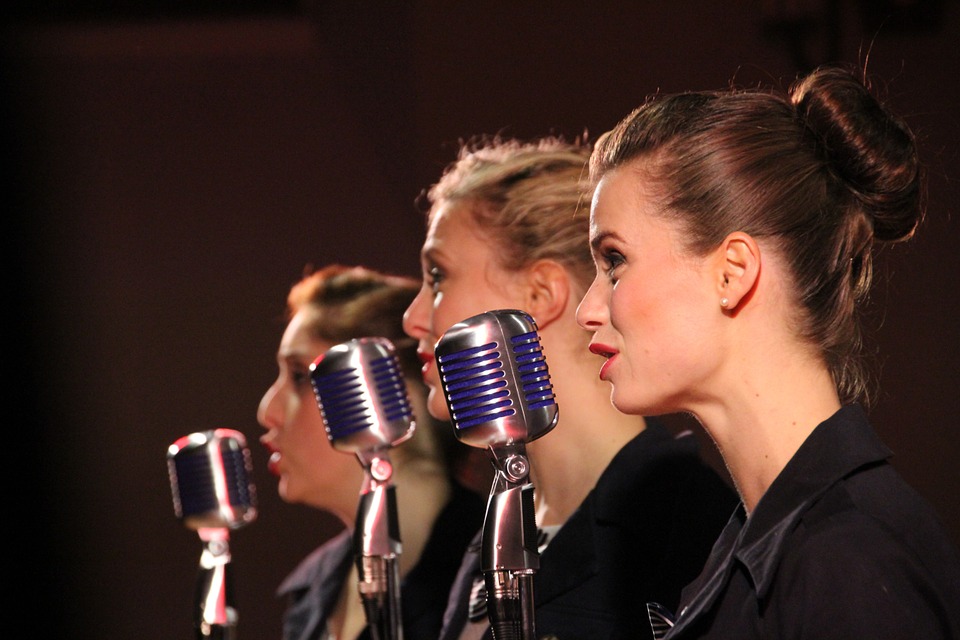
Singing is incredibly complex on a biological level and on a spiritual level. What exactly is happening when we open up our pipes and sing out loud?
Dr. Gerald Brooks is a speech and voice specialist who wrote about the engagement of the brain in the Guardian.
Singing and speech use the same tools in the body, but they emerge from different sides of the brain. They both use the larynx and the vocal chords to modulate air, pushing breathe out of the lungs and making either words, or music.
We use the left part of the brain, the part that dictates syntax and word formation, for speech. We use the right right part of the brain. the imaginative, intuitive hemisphere, to sing. If someone has a speech impediment or a thick regional dialect, it is nearly indistinguishable when you’re singing because it’s an entirely different part of the brain. Singers still have to train their voice, like athletes. The larynx muscles will contract to change the pitch of the voice. Trained singers are “athletic” in addition to tuning their ear to read sound.
Have you ever wondered why some people are naturally better at singing than others? In an article with Discover Magazine, neuroscientist Sean Hutchins, says that even though nearly all of us are equipped with the biological hardware to produce a wide range of notes, many of us are just bad singers. There are some fascinating things going on at the neurological level that make some people better singers. Hutchins found that about 60 percent of non-musicians could be classified are doomed to mistakes in pitch accuracy. Many people hear one note, and simply sing another. The muscles don’t know how to mimic it. We start to associate the wrong muscle movement in the voice with a specific tone, essentially getting the wires crossed. You hear an G sharp but your brain makes it a G sharp.
But as mentioned earlier, as long as you have vocal chords, you can learn to read and manipulate the correct tones. If you’re truly determined to learn to sing, find a voice teacher. Your voice is an instrument. You wouldn’t just pick up a guitar without a guidebook or an instructor to show you where to start.
